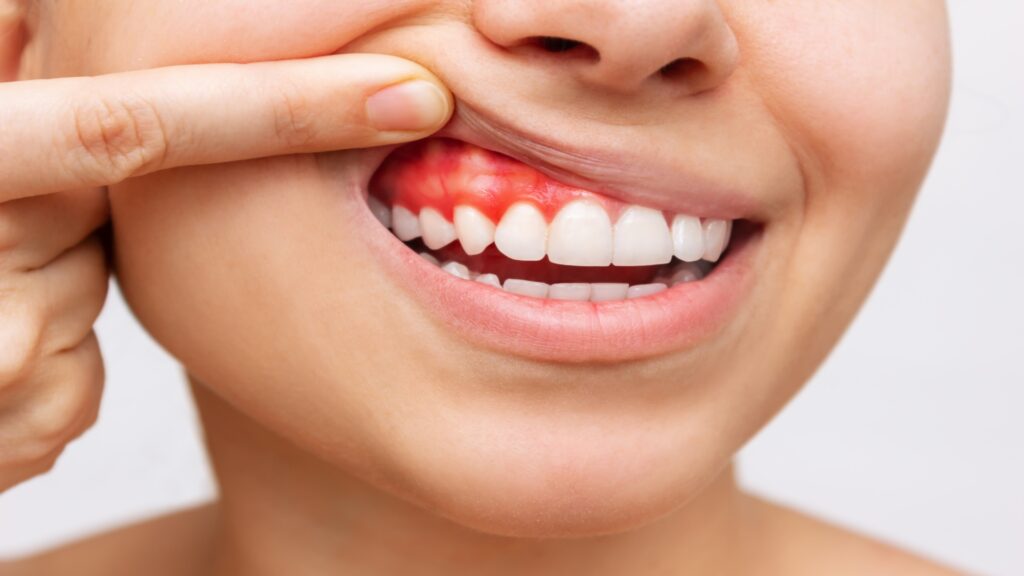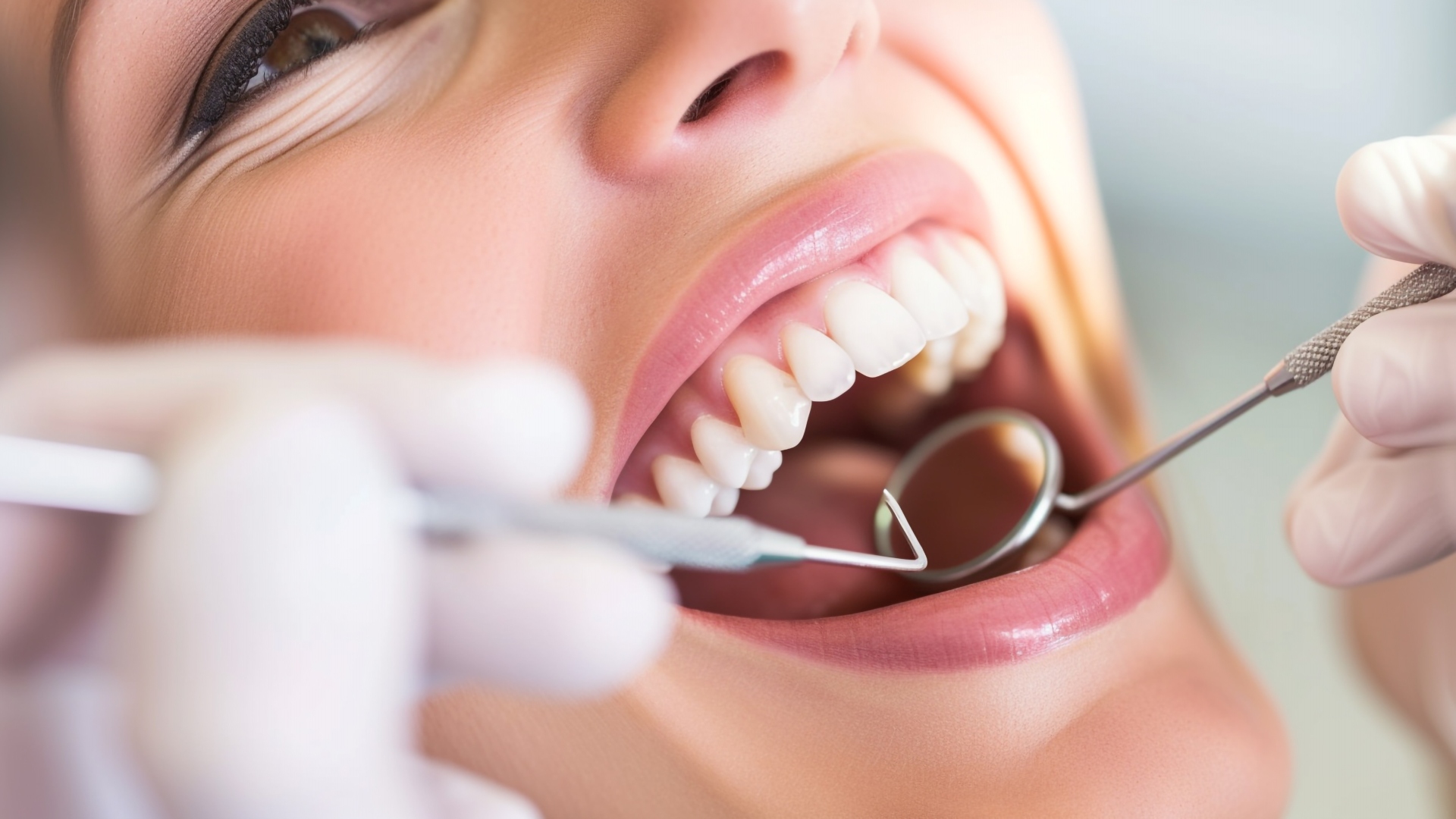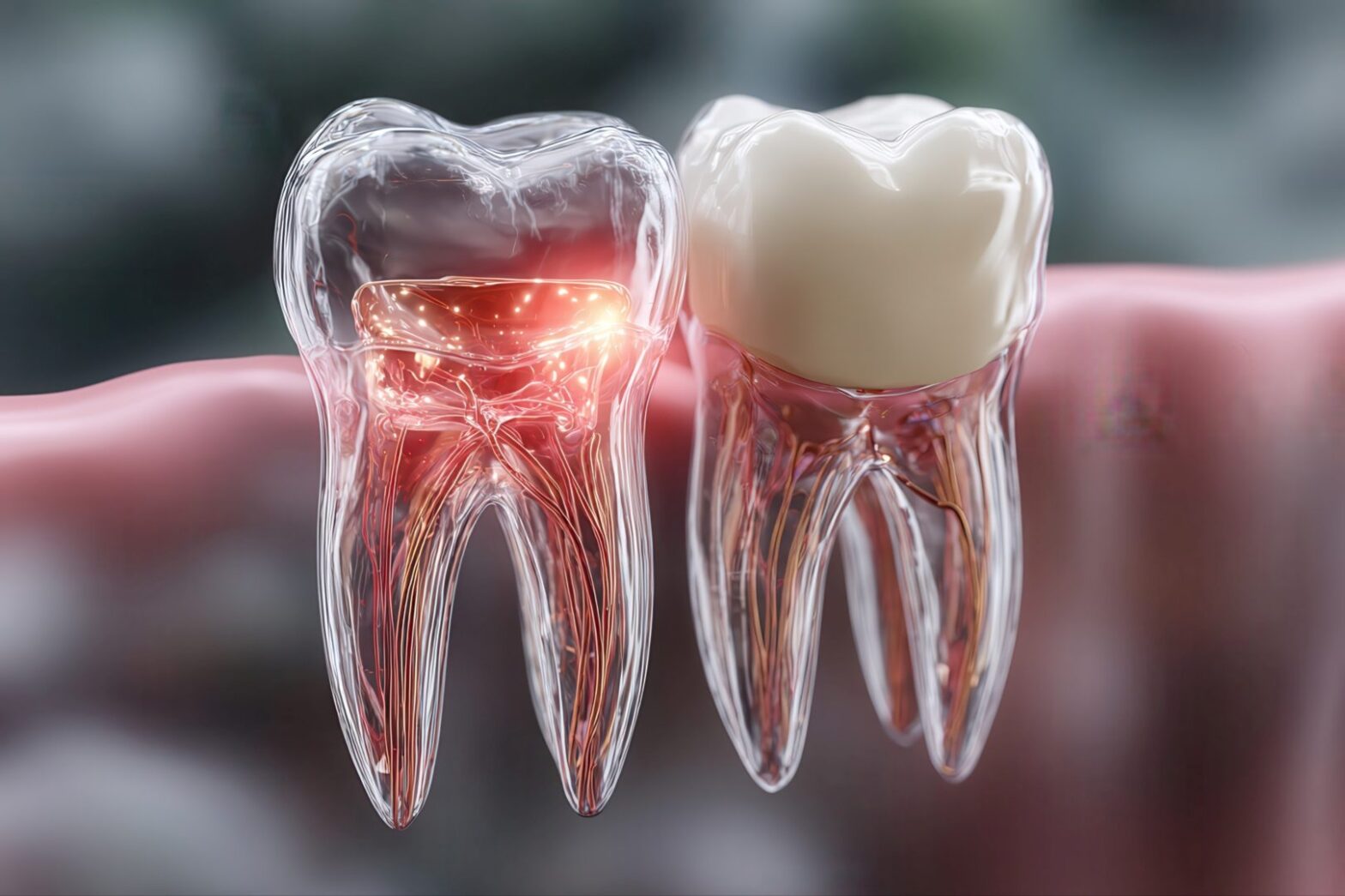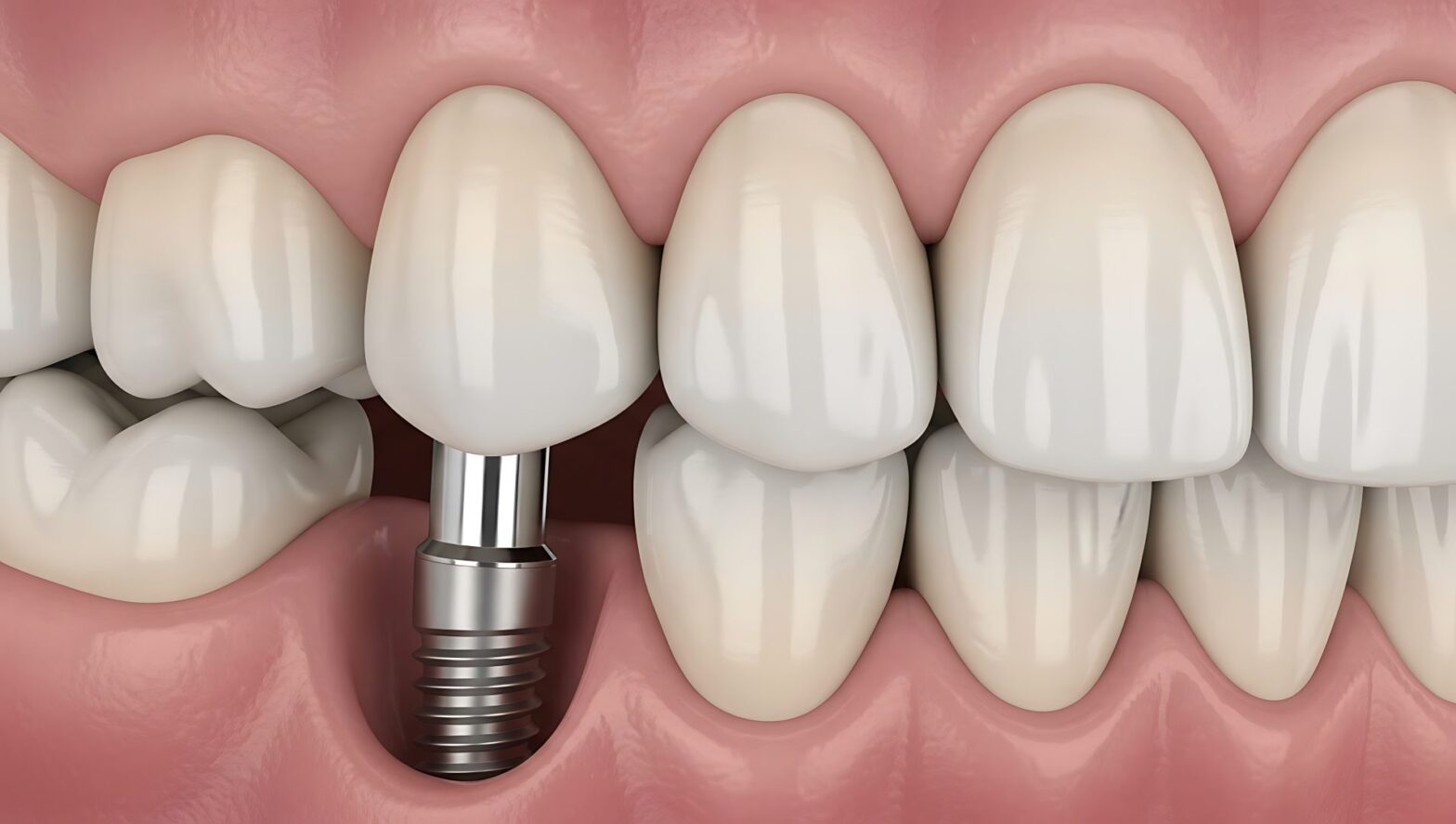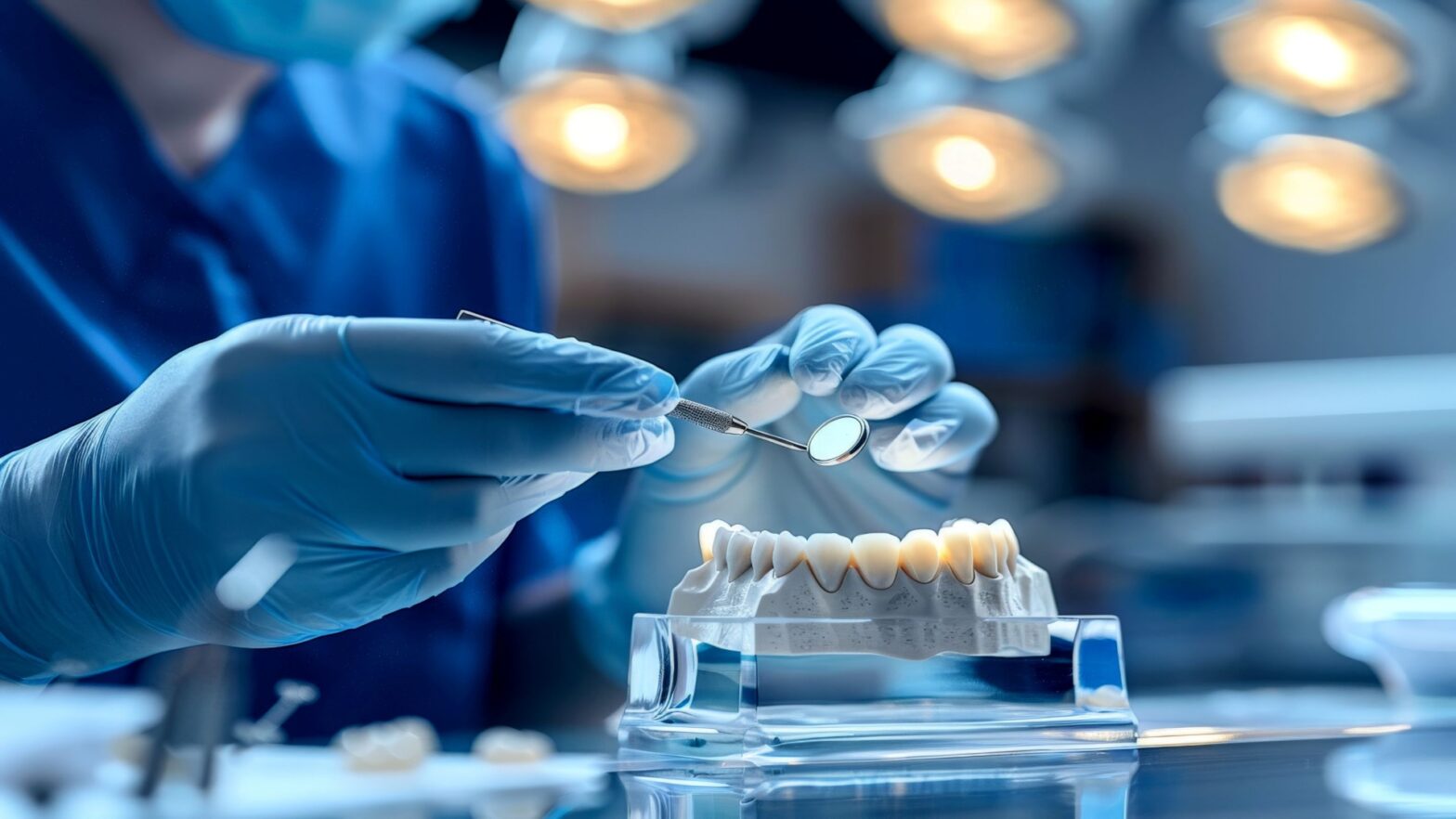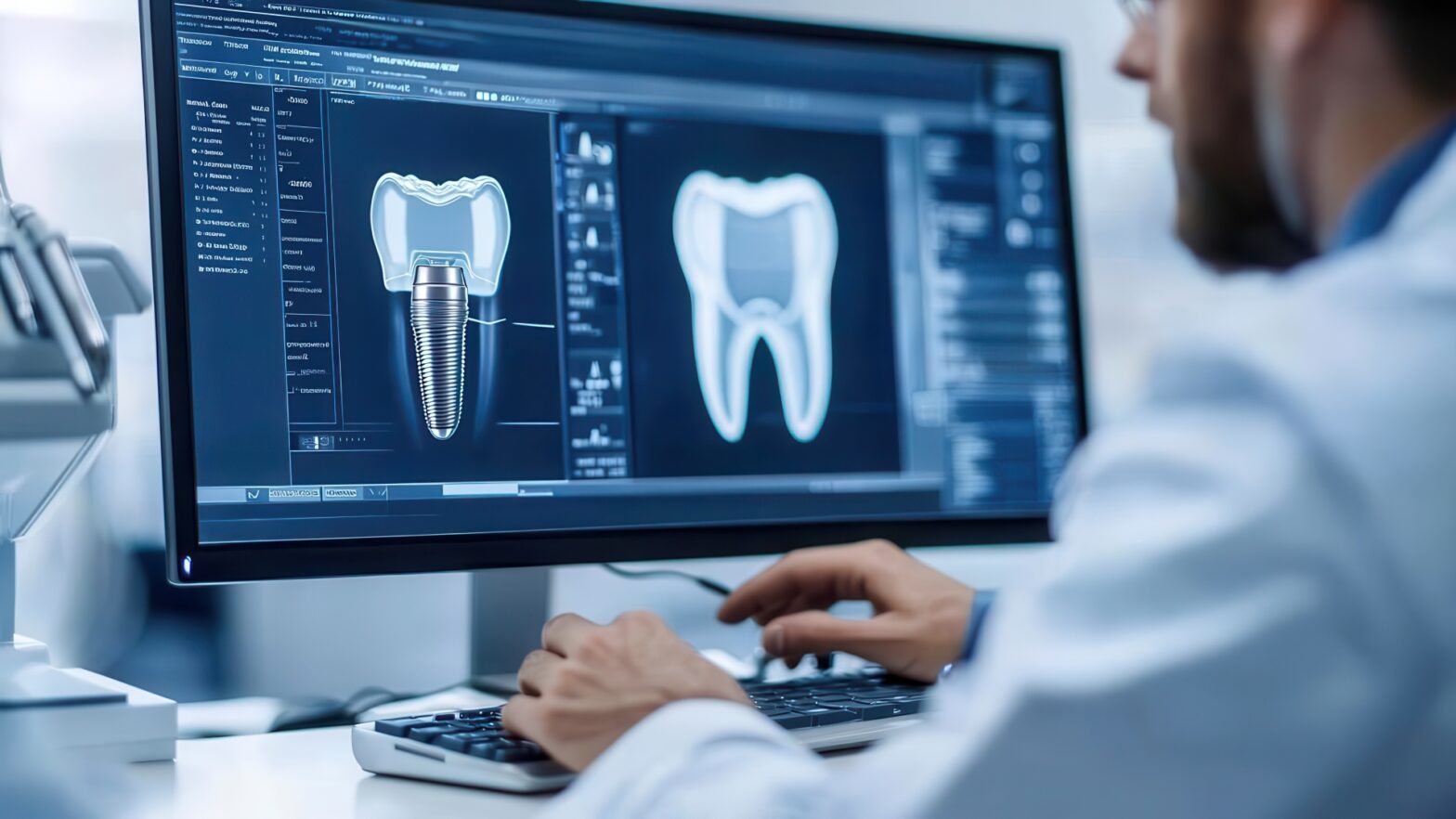Strong gums are the foundation of a healthy mouth. Neglecting them can lead to gum disease, which can cause dental issues or, worse, tooth loss. Don’t let that happen!
This guide shares practical tips from dental experts to help you achieve and maintain strong, healthy gums. From proper oral hygiene to lifestyle adjustments, you’ll learn simple yet effective ways to prevent plaque buildup, inflammation, and gum infections. Take charge of your gum health now and enjoy a beautiful, confident smile for life.
Understanding Gum Disease
Gum disease starts from plaque buildup on teeth. Plaque is a sticky coating of bacteria. Unremoved plaque hardens into tartar, a stubborn buildup. Tartar irritates and inflames gums, leading to gum disease.
To prevent gum problems, my family dentist on Commercial Drive suggests being diligent about your daily oral hygiene routine and to avoid suffering from these two stages of gum disease:
- Gingivitis: It’s characterized by red, swollen, and bleeding gums. Since it’s still in the early stage of gum disease, it’s reversible with proper oral hygiene and professional cleanings.
- Periodontitis: If gingivitis (early-stage gum disease) progresses, it can lead to periodontitis. Periodontitis has several negative consequences, including receding gums, bone loss around the teeth, and, ultimately, tooth loss.
The good news is that you can achieve and maintain optimal gum health with proper care and focus on good habits. Here are dental expert’s practical tips to keep your gums happy and healthy.
Tip 1: Practice Proper Oral Hygiene
The foundation of gum health lies in maintaining excellent oral hygiene habits. Dental experts recommend the following:
- Brush Twice a Day: Aim for two daily brushing sessions, each lasting two minutes. Remember, the right brushing technique and using a soft-bristled brush are key to sweeping away plaque and leftover food bits from your teeth and gums.
- Floss Daily: Make flossing a daily habit. It effectively removes food particles hiding between your teeth and areas your toothbrush can’t reach.
- Use an Antimicrobial Mouthwash: Consider using an antimicrobial mouthwash to reduce bacterial buildup in your mouth and promote gum health.
Tip 2: Maintain a Balanced Diet
What you eat and drink also matters. Here are some dietary recommendations:
- Vitamin C-Rich Foods: Fruits and vegetables rich in vitamin C, such as oranges, strawberries, bell peppers, and broccoli, can help promote gum health by supporting the body’s immune system and collagen production.
- Calcium-Rich Foods: Dairy products, leafy greens, and nuts provide calcium, essential for maintaining strong teeth and bones, including the jawbone that supports your teeth.
- Hydration: Staying well-hydrated throughout helps wash away food particles and bacteria in your mouth, ultimately lowering your risk of gum disease.
Tip 3: Quit Vices
Smoking and heavy drinking can harm your gum health.
- Quit Smoking: Smoking weakens your body’s defenses, makes it more susceptible to gum disease. Additionally, smoking can contribute to bone loss around your teeth.
- Limit Alcohol Consumption: Excessive alcohol consumption can dry out the mouth, reducing saliva production, essential for neutralizing acids and washing away food particles.
Tip 4: Manage Stress
Feeling stressed out always isn’t suitable for your body, including your gums. Dental experts suggest:
- Practice Stress Management Techniques: Try healthy ways to chill out. If you have time, enroll in yoga classes, find time to meditate, or do deep breathing exercises for a few minutes daily to keep stress levels down.
- Adequate Sleep: Getting enough sleep is essential for your body to fight off infections and heal itself, which helps keep your gums healthy.
Tip 5: Schedule Regular Dental Cleanings
Even if you brush and floss perfectly, it’s still essential to your dentist at least twice a year.
- Bi-Annual Dental Cleanings: Professional cleanings remove hardened plaque (tartar) that brushing and flossing can’t eliminate, helping to prevent gum disease.
- Comprehensive Examinations: During these visits, your dentist will assess your overall gum health and check if there are potential issues early, allowing for prompt treatment.
Tip 6: Seek Professional Treatment
If you have been diagnosed with gum disease, it’s crucial to seek professional treatment from a dental professional. Dental experts may recommend:
- Scaling and Root Planing: This special cleaning goes deep below the gumline, scraping away plaque and tartar buildup your toothbrush can’t reach. The dentist also smooths the tooth roots to make it harder for plaque to stick there again. For a brighter, whiter smile, consider scaling and root planning first to create a clean canvas for cosmetic dentistry procedures like teeth whitening.
- Periodontal Surgery: If the gums have already receded, the dentist may require periodontal surgery. This procedure removes infected tissue and reshapes the bone around your teeth to help them stay strong and healthy.
- Antimicrobial Therapy: Your dentist may prescribe antimicrobial rinses or gels to help control the bacteria that cause gum disease.
Tip 7: Consider Lifestyle Factors
Certain lifestyle factors can contribute to gum disease, and dental experts recommend addressing them:
- Manage Underlying Health Conditions: Some health problems, like diabetes, heart disease, and arthritis, can make gum disease more likely. Work with your doctor to manage these conditions effectively.
- Use Approved Dental Products: Ensure that any dental products you use, such as toothpaste, mouthwash, or dental appliances, are approved by reputable organizations and recommended by your dentist.
Conclusion
By following the practical tips from dental experts, such as practicing proper oral hygiene, maintaining a balanced diet, quitting smoking, managing stress, and scheduling regular dental cleanings, you can significantly reduce your risk of developing gum disease.
Gum health is a lifelong commitment, and seeking professional treatment when necessary is crucial to prevent further complications. Embrace these habits, and you’ll be on your way to achieving and maintaining a beautiful, confident smile for years.
Emily Johnson is a passionate dental hygienist with over a decade of experience promoting oral health education. She enjoys sharing her expertise through engaging articles and workshops, empowering individuals to take charge of their dental well-being. Emily can explore hiking trails or experiment with new plant-based recipes in her free time.
